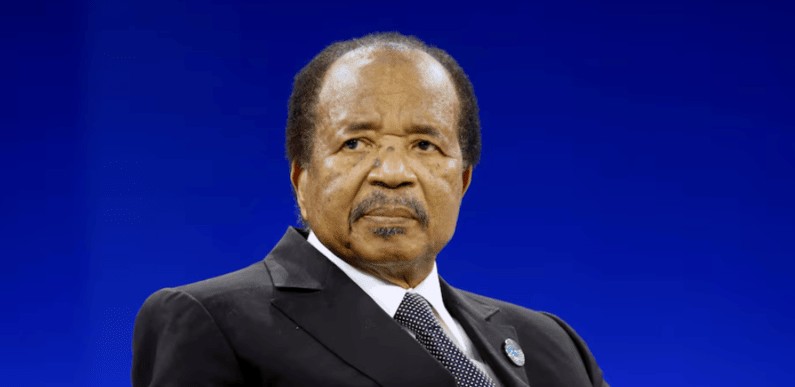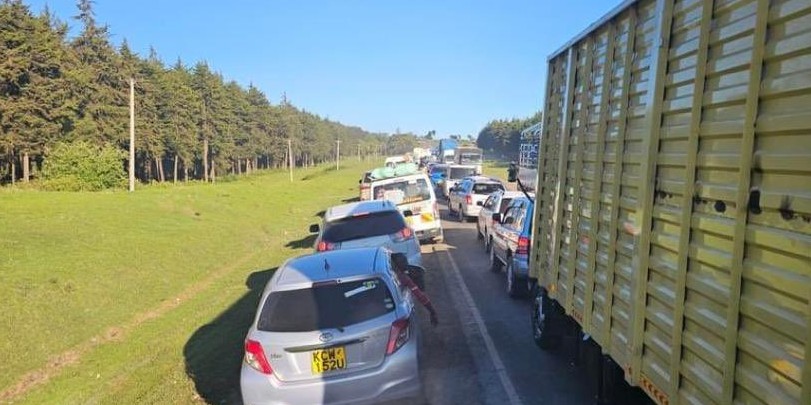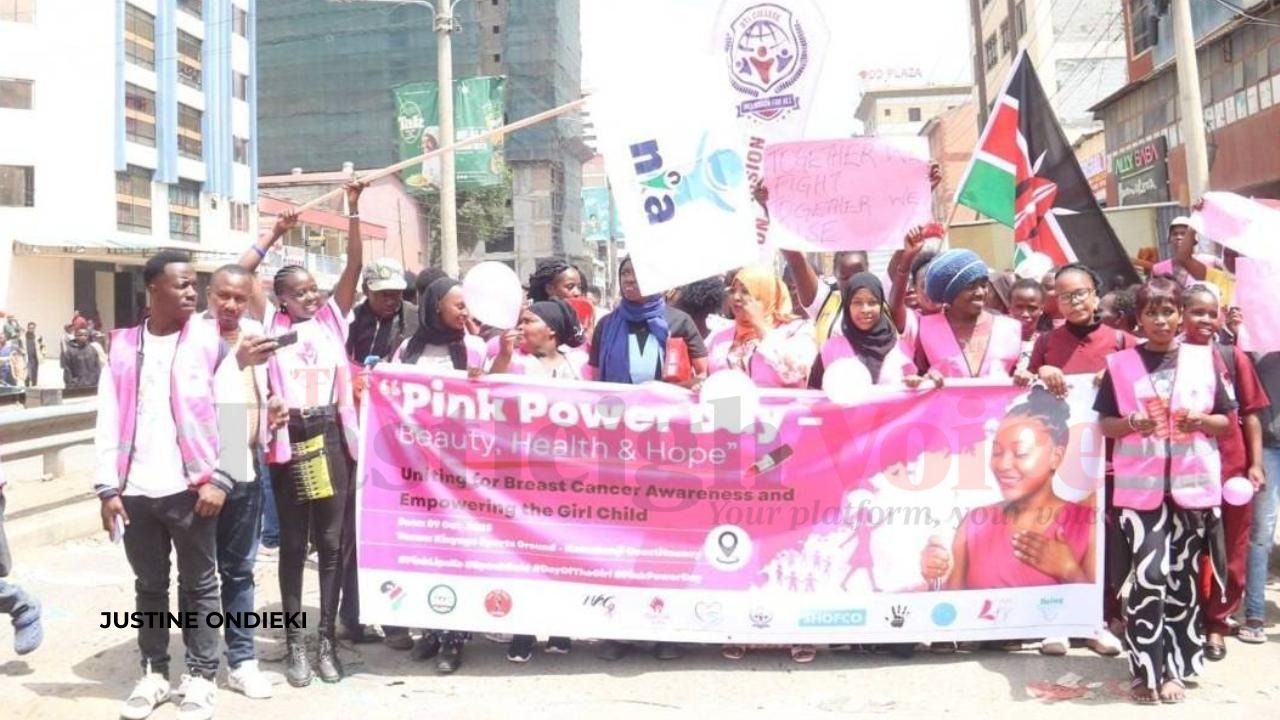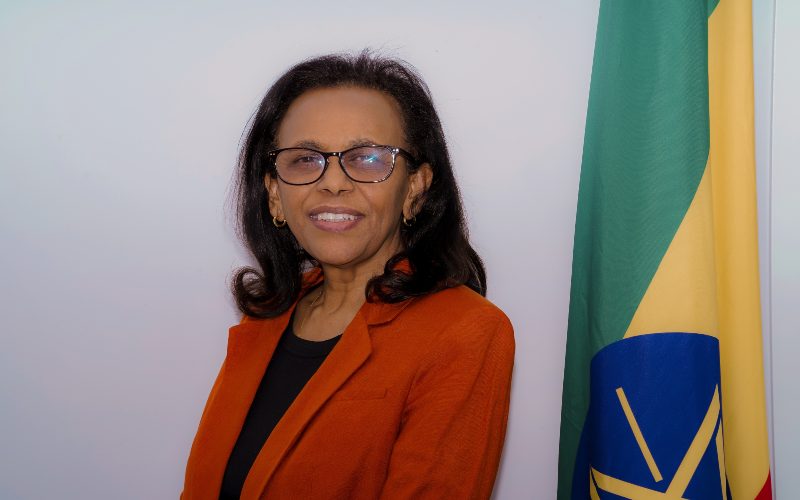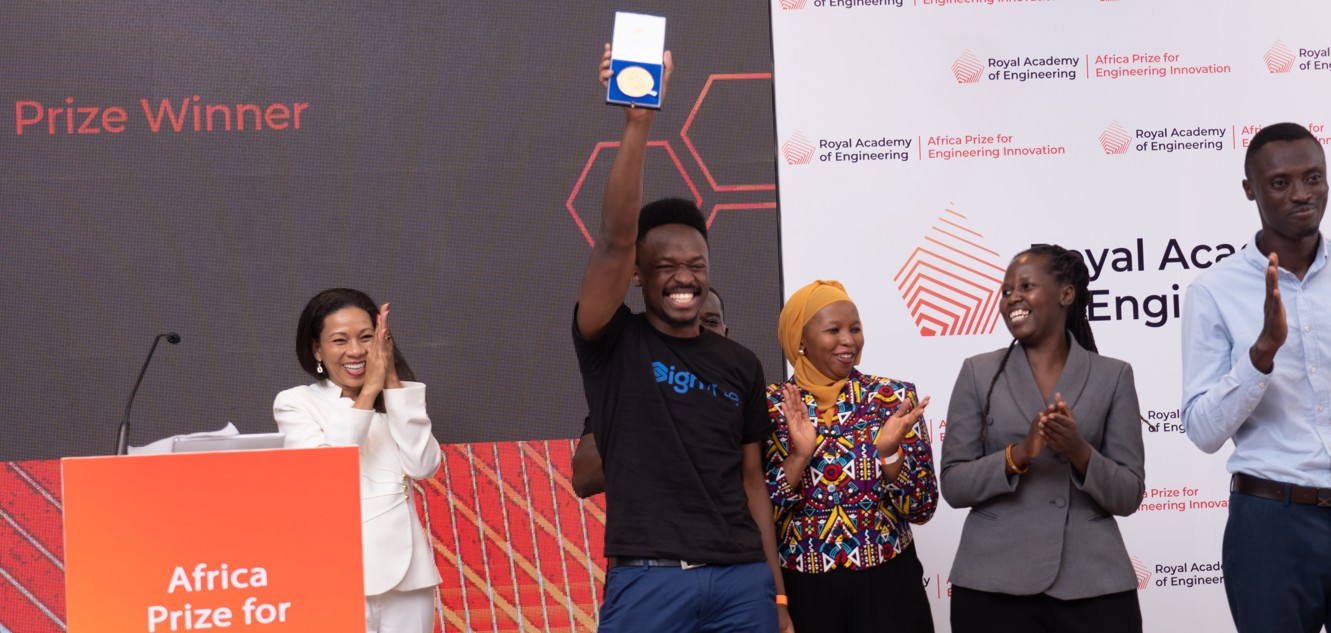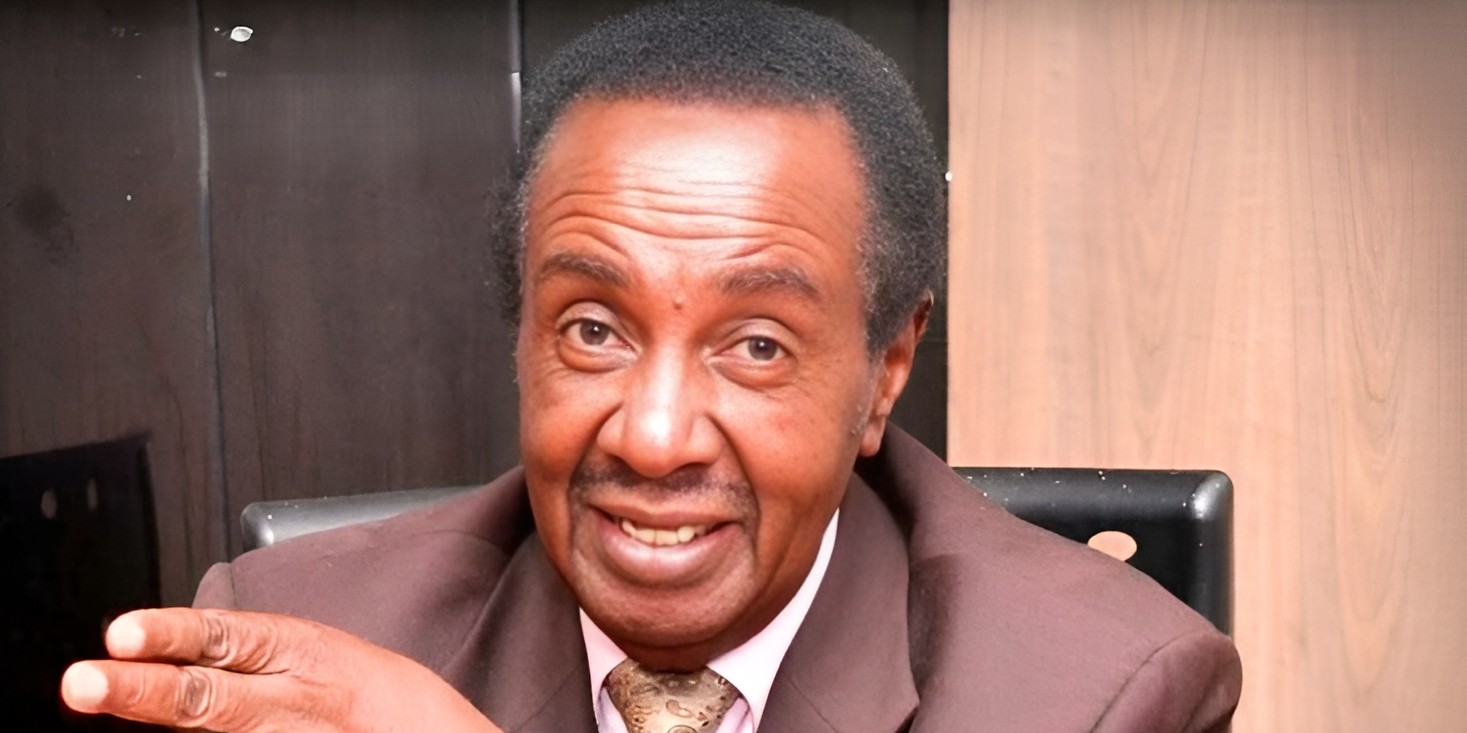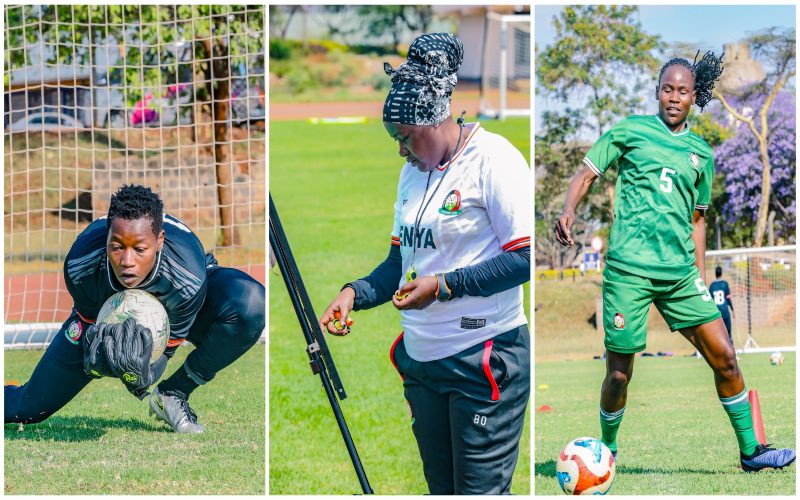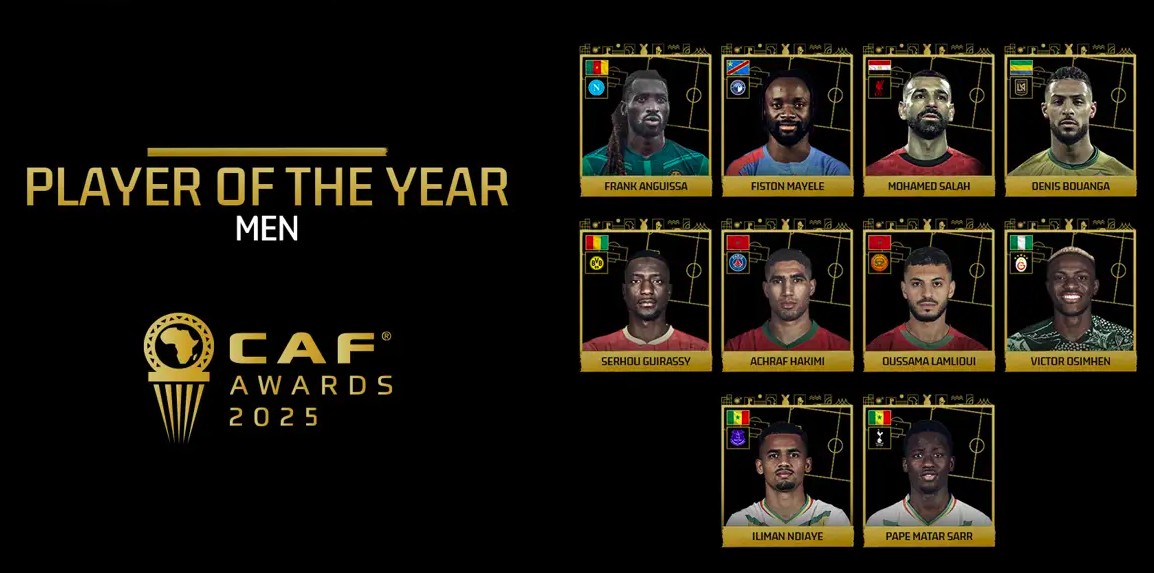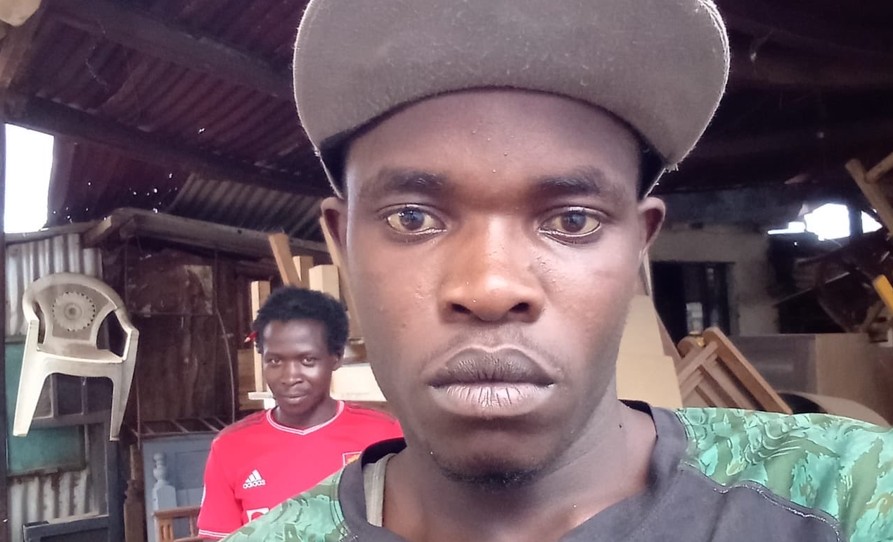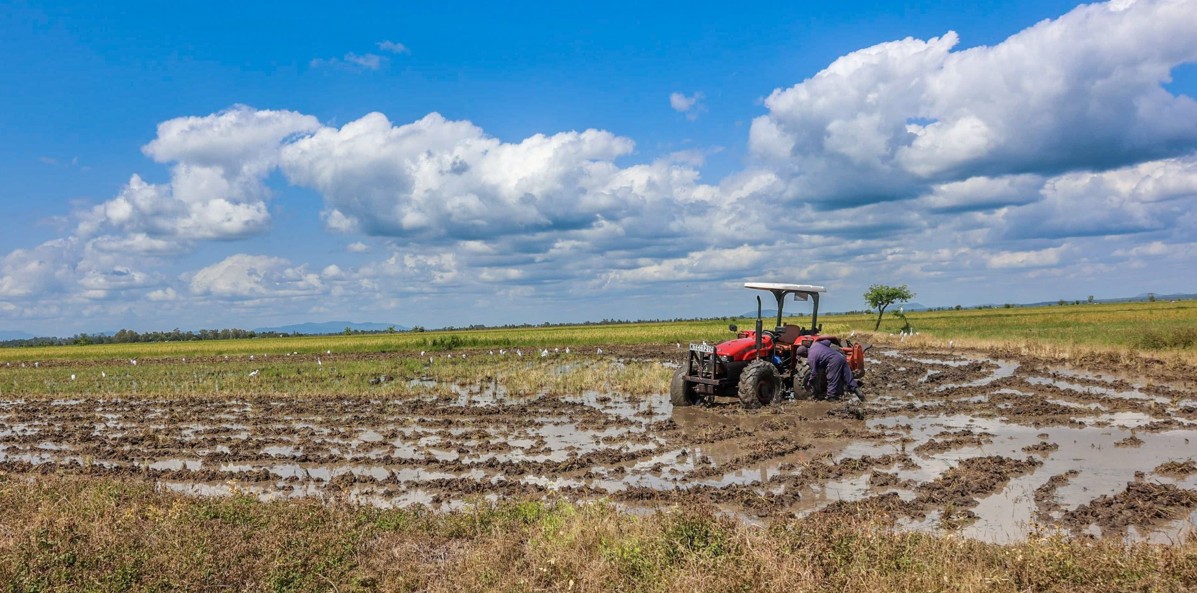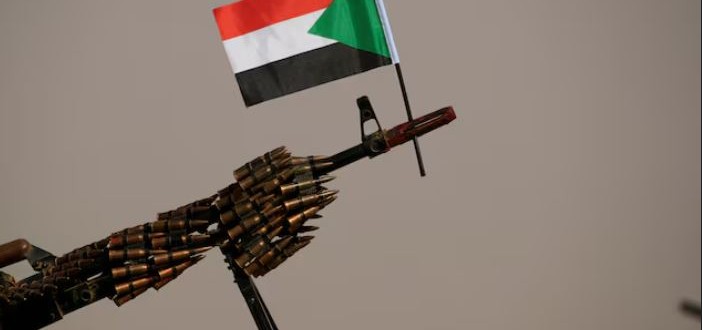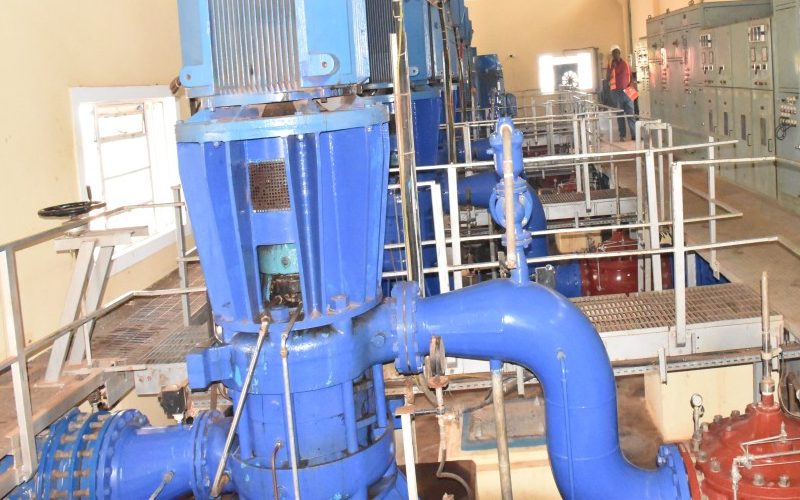Eastleigh's Mustang Knights and Warriors gear up for a triumphant return
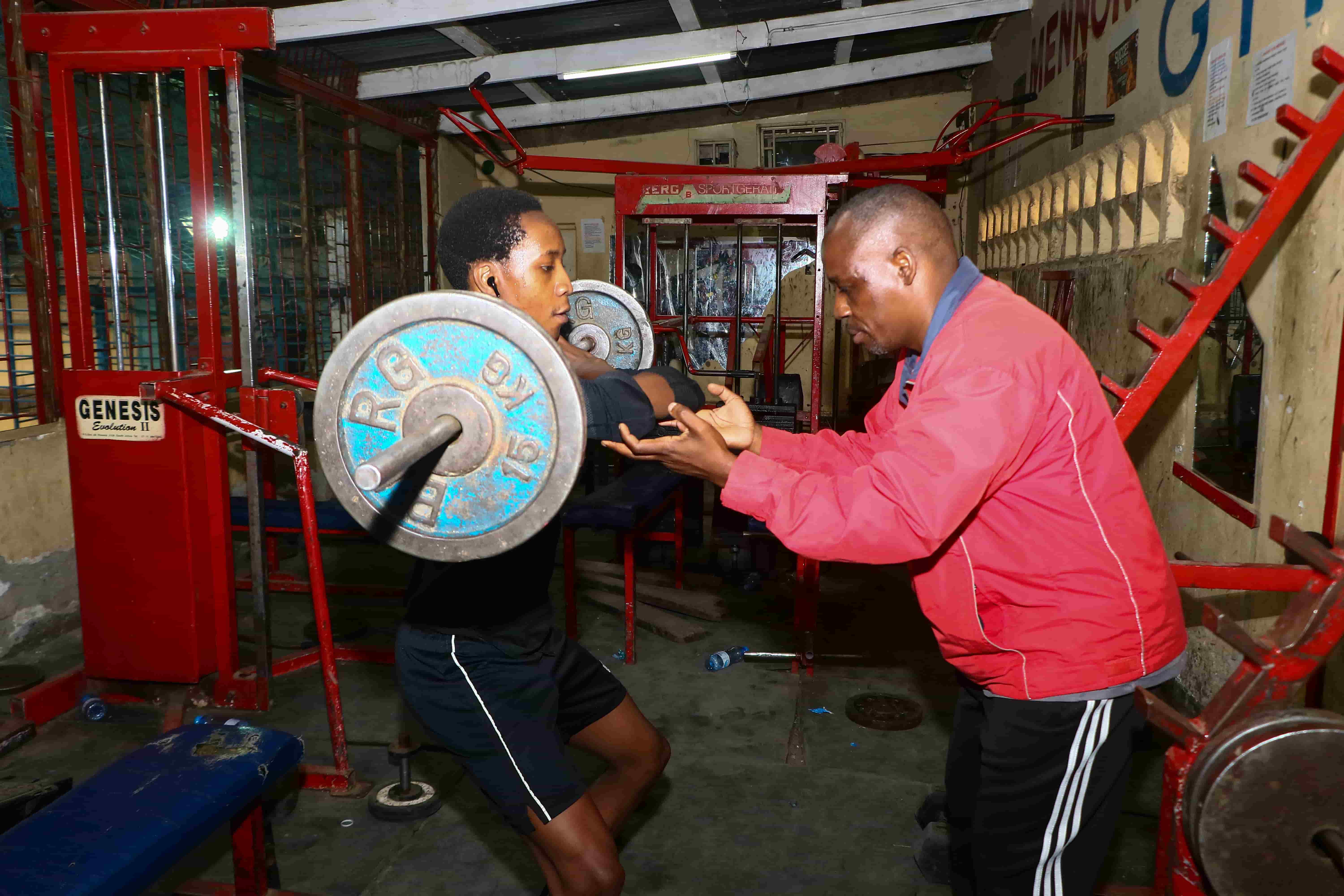
Basketball in Eastleigh has come a long way, and as the Mustang Knights and Mustang Warriors prepare for their comeback, they will be raring to go with the urge to elevate the sport even higher in the area and the country.
Eastleigh’s vibrant basketball scene is on the brink of a significant resurgence as the Mustang Knights and Mustang Warriors prepare for a triumphant comeback.
The Eastleigh Fellowship Centre, renowned as the birthplace of basketball in this bustling neighbourhood, stands at the heart of this revival. The centre has nurtured countless young talents and transformed lives through the power of sports.
“Welcome to the home of basketball in Eastleigh,” Edson Mugisha Emmanuel, popularly known as Coach Sonny, tells The Eastleigh Voice as he welcomes us to his office at the Eastleigh Fellowship Centre, which is located along Eastleigh’s 8th Street.
Coach Sonny has been the sports coordinator at the Eastleigh Fellowship Centre for the last 31 years, and from the way he made those welcoming remarks, he created a strong impression that the Eastleigh Fellowship Centre was the origin of basketball in Kamukunji’s constituency's foremost neighbourhood. If anything, it would be difficult to doubt Coach Sonny on that.
Born in 1970, Coach Sonny is Kamukunji through and through. He was born and raised in Kamukunji’s Majengo area, and throughout his 54 years, he has lived in most of the constituency’s neighbourhoods. “I only left Kamukunji when I went to study community development at the Nairobi campus of Kampala International University. Other than that, I have lived here my whole life. I studied at Muthurwa Primary School before going to Eastleigh High School,” he says.
He has grown with the changes in Kamukunji Constituency, and hardly anything has happened in the area that he does not know about. Therefore, his profile as a long-time Kamukunji resident, coupled with his role at the Eastleigh Fellowship Centre, makes him the best person to get insights from on the growth and development of basketball in Eastleigh, a phenomenon he is more than glad to speak about.
Coach Sonny helped set up the Mennonites Knights, the area’s first basketball team, soon after his arrival at the Eastleigh Fellowship Centre. The idea was to help transform the area’s youth through sports and physical exercise, and the centre also supported programmes for football and volleyball as well as boxing and taekwondo in the gym they set up.
After setting up the Mennonites Knights, the team spent its early years making its bones by playing in basketball tournaments all over Nairobi. “We played so many times against teams from Shauri Moyo and other areas in Nairobi,” Coach Sonny says.
Shauri Moyo is the cradle of basketball in Nairobi, and the frequent match-ups of their teams with the Mennonites Knights went a long way in developing the skills of the latter’s players. In 1998, after four years of playing in estate tournaments, the Mennonites Knights felt they were ready for the big stage, and they entered the second tier of the country’s basketball league pyramid.
After three years of bruising battles, the Mennonites finally won promotion to the top-flight league in 2001, where they stayed for eight years until their relegation in 2009.
“We were doing very well as a community basketball team. We were close to winning the league in 2008, but we lost eight of our best players to corporate teams, and as such, we had to play our final season with our junior team,” Coach Sonny says as he laments how the poaching of his players by the bigger teams hindered the steady development of the Mennonites Knights. “Corporate teams are well funded, and they offer better incentives to players that we cannot compete against,” he adds.
However, it was a change in the management of the Eastleigh Fellowship Centre in 2009 that would end up playing a role in the Mennonites Knights not being competitive and hence, its decline.
Before 2009, the Centre was under the Eastern Mennonite Missions of the USA before they handed over its management to the Kenya Mennonite Church, which had a different vision for the sports programmes and started receiving less funding.
“After that, it became hard to sustain the basketball team, and it reached a point where I was even dipping into my pocket to fund the team’s operations,” Coach Sonny says.
With their financial struggles persisting, the Mennonites Knights pulled out of the second tier in 2012 after three years of struggling to sustain the team. After that, they changed their name to the Mustang Warriors and went back to playing estate basketball tournaments as a way of keeping themselves busy.
“We changed our name to the Mustang Knights because the new management did not offer us support, so it no longer made sense to call ourselves Mennonites,” Coach Sonny says.
Since 2012, they have been in and out of the basketball league’s second tier, and currently the team is in the process of making another comeback to the league, one that Coach Sonny hopes will be for the long haul.
The centre has also had an active female basketball team over the years. The team was initially called the Mennonites Warriors, but their name has also changed to Mustang Warriors. The ladies are also looking forward to a return to playing competitive league basketball.
“If we can get sponsors this time, we can make an even bigger impact. At the moment, we have been relying on well-wishers and former members of the team for funding,” Coach Sonny says.
While speaking during the interview, Coach Sonny displayed photos and trophies that narrated the Centre’s and the Mennonites Knights’ history through the years. The most prized trophy is the Nairobi Youth Basketball Cup tournament, which the Mennonites Knights won in 2002. It takes pride of place in Coach Sonny’s office, and he considers it one of their biggest achievements. “That is the trophy that made us back then. We won it while playing against the best basketball teams in Nairobi,” Coach Sonny says with pride.
The photos, those vintage glossy paper images that were phased out by digital photography, show how the centre’s sports court changed from an outdoor ground to an indoor arena, as well as generations and generations of Mennonites Knights and Mennonites Warriors (their female basketball team) players playing basketball in tournaments and league competitions all over Nairobi and the country. The indoor area now holds a convertible playing surface, which can be used for basketball, futsal, and volleyball.
“When we started the basketball programme, it was hard to get most of the area youth to play because they considered it a sport for softies,” Coach Sonny says. However, through increased interactions with the area’s youth, he managed to convince some of them to be part of not only the centre’s basketball team but also its other sports programmes and gym, where, interestingly, popular journalist Munene Nyaga trained during his youth and won several fitness awards.
Coach Sonny is immensely proud of the impact of the centre’s sports programs. They have saved many youth from a life of crime and drugs, he says. “This used to be a bad area. Back then, crime and drug abuse were rife, but through the sports programme, we managed to transform the lives of countless youth. Some even got scholarships to study at local and international universities,” Coach Sonny adds.
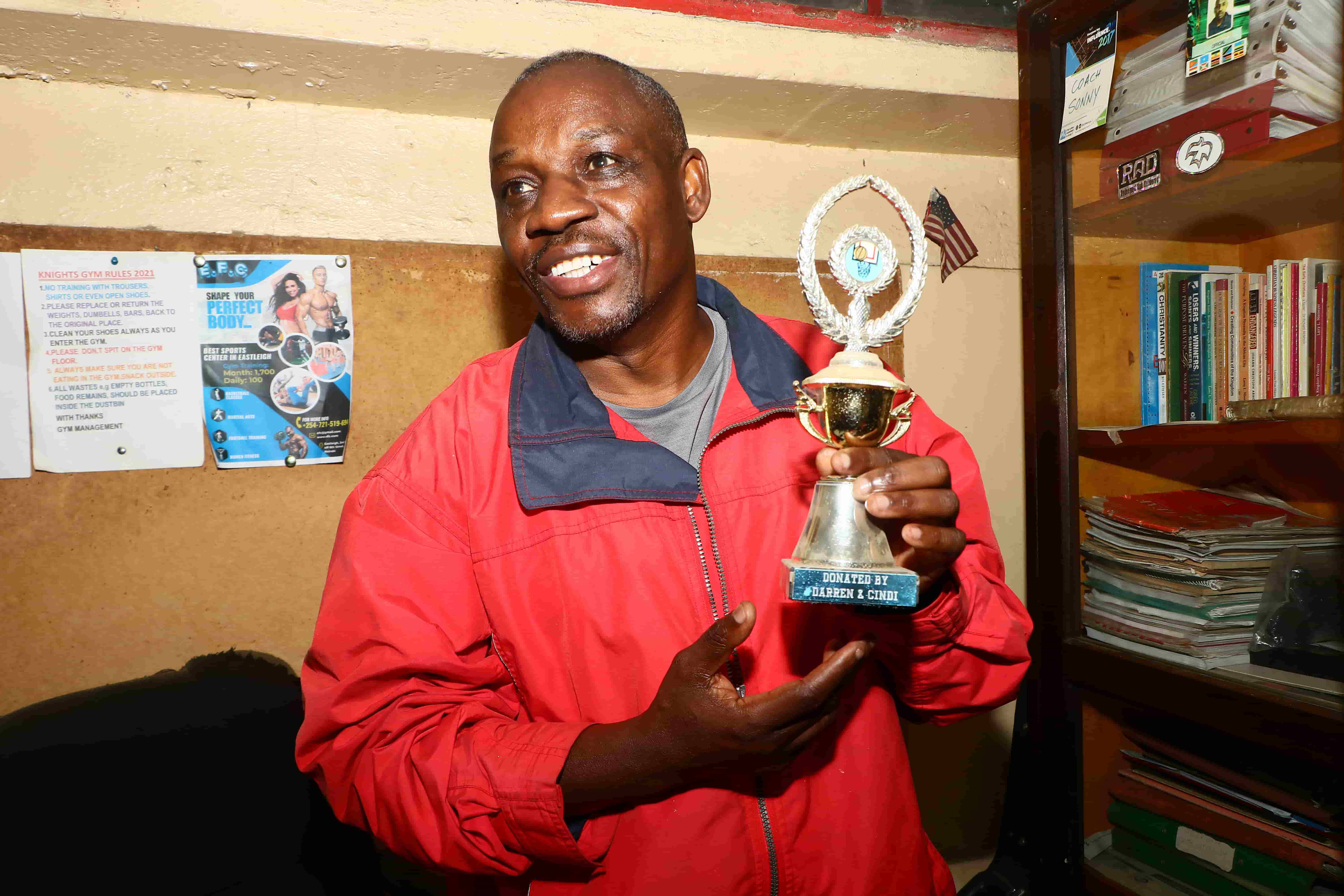 Basketball coach Edson Mugisha Emmanuel holding a trophy won by the team during the first tournament which was donated by Darren and Cindi (C) Justine Ondieki.
Basketball coach Edson Mugisha Emmanuel holding a trophy won by the team during the first tournament which was donated by Darren and Cindi (C) Justine Ondieki.
The basketball team has also nurtured the talents of several players and coaches who are currently thriving, either as players and coaches or as community leaders running basketball and community development programmes in various parts of Nairobi. Among them is national team Bush Wamukota, who passed through the Mustang Warriors and now plays professional basketball in Rwanda for APR Rwanda.
Others are Shem Otieno, who runs FEBA (Far East Basketball Association) in Kayole. There is also Peninah Nthenya, who runs Safe Spaces, an empowerment programme that targets girls in Nairobi’s Eastlands slums with the aim of imparting basketball and other life skills to them. American Brad Ibs, the current coach of Kenya’s top basketball team, the Nairobi City Thunder, also did time as a coach at the Eastleigh Fellowship Centre and had close interactions with Coach Sonny.
“There are many others who are also running similar programmes in Nairobi, and we are proud that they passed through the Eastleigh Fellowship Centre. We hope to produce many more,” Coach Sonny says.
As he prepares to help the Mustang Knights and the Mustang Warriors return to the league, Coach Sonny is in the process of organising a basketball tournament, which will see teams and players receive trophies and certificates. He reckons that sports can be an alternative career for young people who cannot thrive in class. “Through my years working in sports, I have seen it make a big impact on young people who would have had nothing to do in life since they could not hack it academically,” he says.
As we end the interview, Coach Sonny takes us around the centre to show us the indoor arena, the gym, the library, a room used for sewing classes, a room used for providing dental care, and a hall that is used for adult education classes.
While in the arena, Coach Sonny attributes the lack of activity on the basketball court to it being a Friday. “On Fridays, we rarely train since most of our players go to the mosque,” he says as he explains the features of the indoor arena and how busy it is on other days.
Top Stories Today


